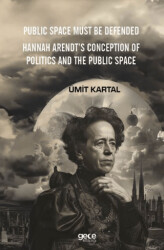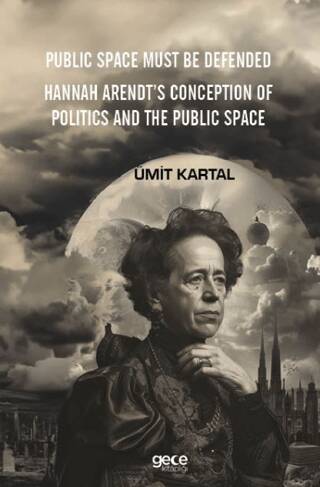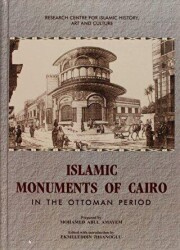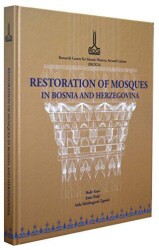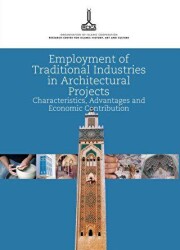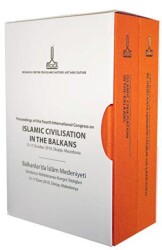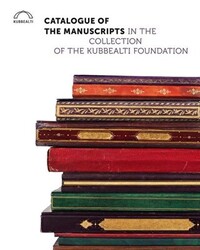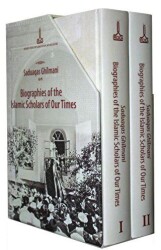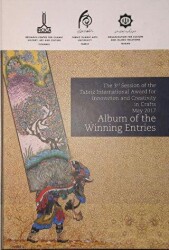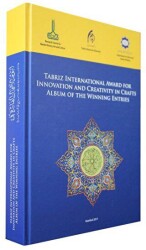Public Space Must Be Defended
Tükendi
Stok AlarmıIt is due to these unprecedented and unanticipated issues, which cannot be addressed by traditional political categories, Arendt invites us to grapple with the meaning of politics anew. The basic definition of politics, for Arendt, is human plurality, namely, our coexistence in a common world which enables differences and diversities of perspectives to appear. The question what politics means, for Arendt, is inextricably tied to what its distinctive locus is, namely, the public space or space of appearances. The emergence of the social resulted in blurring the distinctive line between the public realm and the private realm. Then, the recovery of the public space is of a central place in Arendt’s political theory. Through Arendt’s reconsideration of the meaning of politics and the recovery of the public space we are provided a comprehensive framework to think about a more inclusive and democratic politics. Nevertheless, we are challenged by a set of problems: a very sharp distinction between the public realm and the private realm, a contrast between the social and political, and a lack of systematic interest in democracy. Thus, reading Arendt with John Dewey leads us alternative view regarding these challenges. Such a comparative and complementary reading offers us a more comprehensive framework to think the public spaces in terms of a more inclusive democracy.
